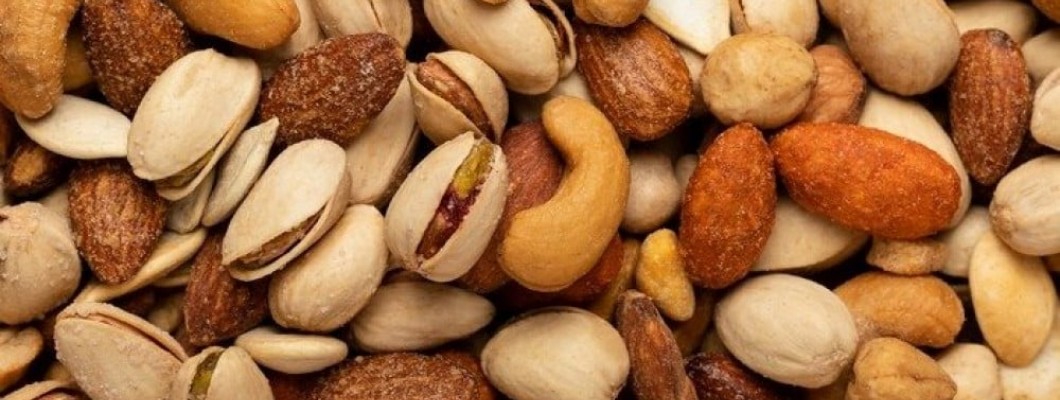
Nuts: The Ultimate Family Gathering Companion
Consuming nuts during family gatherings is a common choice. Nuts are often seen as a better alternative to sugary and starchy snacks due to their Omega-3 fatty acids, which can lower harmful cholesterol levels, raise good cholesterol levels, and promote heart health.
Additionally, the high fat content in nuts can lead to a prolonged feeling of fullness, as fats take longer to digest.
Endless Variety of Nuts
Nuts come in a wide variety, featuring unique tastes and health benefits. They can be classified into several main types, including almonds, pistachios, walnuts, hazelnuts, cashews, pecans, macadamia nuts, chestnuts, Brazil nuts, peanuts, mixed nuts, and more.
We'll briefly mention some of the most popular and preferred types of nuts here:
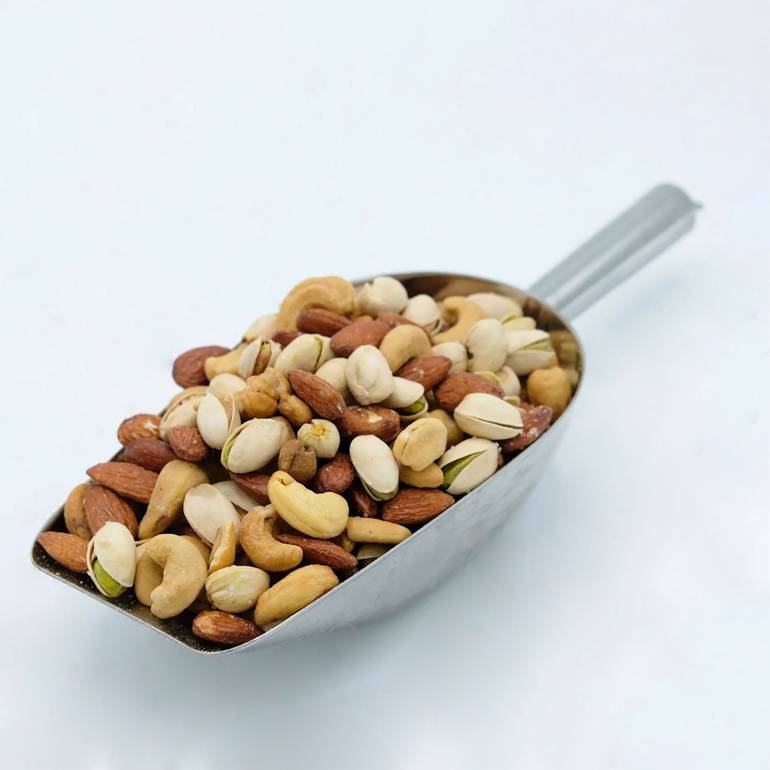
What are Nuts?
Nuts are edible dried fruits or seeds, typically rich in fats. The term "nuts" applies to various plant seeds, referring to the large oily kernels found inside the shells and used as rich snacks.
They are a significant source of human nutrition due to their high oil content. Nuts are edible, usable in cooking, eaten raw, roasted as snacks, or pressed for oil used in cooking and cosmetics.
Most Popular Types of Nuts
Almonds Nuts
Rich in nutrients and health-promoting compounds, almonds help control blood sugar and promote satiety, making them a fantastic snack.
Like other nuts, almonds are beneficial in combating heart diseases whether consumed raw, roasted, or as almond butter. Additionally, almonds offer antioxidant benefits that help protect the cardiovascular system from damage.
Pine Nuts
Pine nuts are the seeds that grow in the base of pine cones, primarily found in the Mediterranean region, Mexico, and the southwestern United States.
Similar to other nuts, pine nuts are rich in nutrients. However, pine nuts provide more protein than any other nut, with 100 grams containing 24 grams of protein.
Moreover, they are a particularly rich source of the essential amino acid arginine, which is used to produce nitric oxide, a key compound for vascular health.
Pistachios Nuts
Pistachios are seeds that grow in the fruit of the pistachio tree. They can be eaten raw or pressed to extract nutritious oil.
Pistachios, usually grown in the Middle East and West Asia, offer reasonable levels of various B vitamins, such as B6, thiamin, and niacin. They also serve as an excellent source of minerals like zinc, copper, manganese, and potassium.
Cashews Nuts
Cashews are the seeds that grow at the bottom of the cashew apple, native to northeastern Brazil. With lower fat content and calorie density compared to other nuts, cashews are rich in various nutrients, including magnesium, copper, potassium, iron, and zinc.
Hazelnuts Nuts
Hazelnuts are the fruits of hazel trees. They can be eaten as they are or pressed to extract nourishing oil. Hazel trees typically grow to heights ranging from 3-6 meters, with multiple stems and branches, and have soft, pointed oval leaves with double-toothed margins.
Studies have shown that hazelnuts are rich in nutrients beneficial for heart and artery health. They are a good source of Omega-3, which helps prevent blood clotting and artery blockage, lowers blood pressure, and reduces the risk of heart diseases, especially for those with diabetes.
Macadamia Nuts
Macadamia nuts originate from large evergreen trees in the rainforests of semi-tropical Australia, specifically in South Queensland and North New South Wales.
Maca damia nuts are highly popular due to their flavor. This is mainly due to their high fat content (72%) and low protein content (8%) compared to other nuts. They are also a good source of various nutrients, including magnesium, potassium, niacin, thiamine, copper, and zinc.
Brazil Nuts
Brazil nuts come from large trees in the Amazon rainforest and are rich in nutrients. They are the world's primary source of selenium.
Studies indicate that the selenium found in Brazil nuts supports antioxidant functions, providing significant protection against aging, heart diseases, and chronic illnesses.
These nuts also contain beneficial nutrients like thiamine, protein, minerals, and fiber, which can aid in weight loss, boost immunity, and improve digestive health. Brazil nuts can be enjoyed either boiled or in their raw form.
Pecans Nuts
Pecans are multi-purpose nuts and edible seeds found in the fruit of the pecan tree. They can be eaten raw or processed for nourishing oil. Pecan trees usually grow in the wild forests of semi-tropical America, especially along the Mississippi River Valley.
Similar to macadamia nuts, pecans have a high fat content, with most of the fat being heart-healthy monounsaturated oleic acid, the primary fat in olive oil.
These are just a few examples of the diverse world of nuts, each offering its unique taste and nutritional benefits. Incorporating a variety of nuts into your diet can contribute to overall health and well-being, making them an excellent choice for snacks or meal additions during family gatherings.
Pecans are an excellent source of many nutrients, especially B vitamins and minerals. They also contain significant amounts of plant sterols, which lower cholesterol levels.
White Pumpkin Seeds
Winter squash seeds, highly esteemed for their nutritional and medicinal properties, are flat seeds with a dark green color. Some have a white-yellowish husk, while other pumpkin varieties produce seeds without husks. With a chewy texture and sweet flavor, pumpkin seeds make for a wonderful snack. They are also a staple ingredient in various cuisines, especially in traditional Mexican dishes.
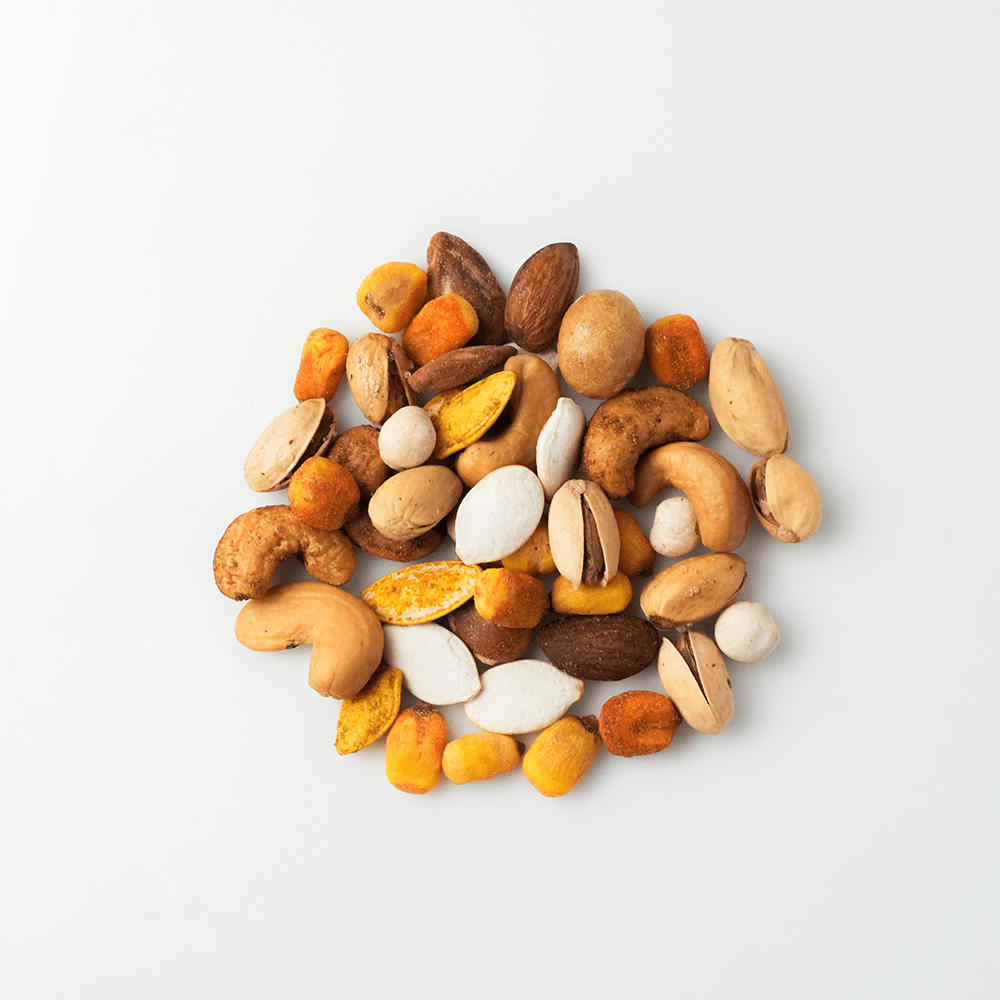
Sunflower Seeds (Syrian Seeds)
Referring to the fruit of the sunflower plant, known as sunflower seeds, these seeds track the sun's path throughout the day. Sunflower seeds have been used for over 5000 years by Native Americans, Spaniards, as well as in many European countries. Recently, sunflower seeds have gained widespread use.
The names of the seeds vary from city to city. For example, in Mosul, it is called "Pistachio Mafaliz" due to its reasonable price in the markets, while in the Gulf countries, it is known as Syrian Seeds.
Roasted Chickpeas (Qadameh)
Qadameh is a popular snack in Turkey and the Levant, made from roasted chickpeas. Sometimes these chickpeas are roasted with salt or hot spices, and there are also different types coated with sugar.
Chestnuts
Chestnut fruits, also known as Abu Farwah, are derived from the chestnut tree, which is a long-lived species that can live for over 500 years. There are four types of chestnut trees: Chinese, Japanese, European, and American.
These fruits are covered with two layers of husk, which must be removed before consumption. Besides their delicious taste, chestnut fruits are rich in nutrients beneficial for various bodily functions and organs, making them suitable for inclusion in a variety of dishes, such as salads, soups, and chestnut jams.
Mixed Nuts
Most of these delicious, crunchy, and nutritious varieties can be combined in snacks that include peanuts, almonds, walnuts, cashews, hazelnuts, and others. They can be prepared in different ways, such as salted mixed nuts, roasted mixed nuts, or grilled mixed nuts, and can sometimes be used in cooking.
Buying Turkish Nuts Online
By visiting Sweet Saray website, you can get the tastiest fresh Turkish nuts. Simply choose the type that appeals to you, and these beloved snacks will be ready for your gatherings in just a few days, no matter where you are in the world.
So, the benefits of nuts are not limited to taste alone but extend to overall health. It's clear that, according to numerous studies, regular consumption of nuts contributes to supporting heart health, enhancing brain function, and aiding in the prevention of many diseases.

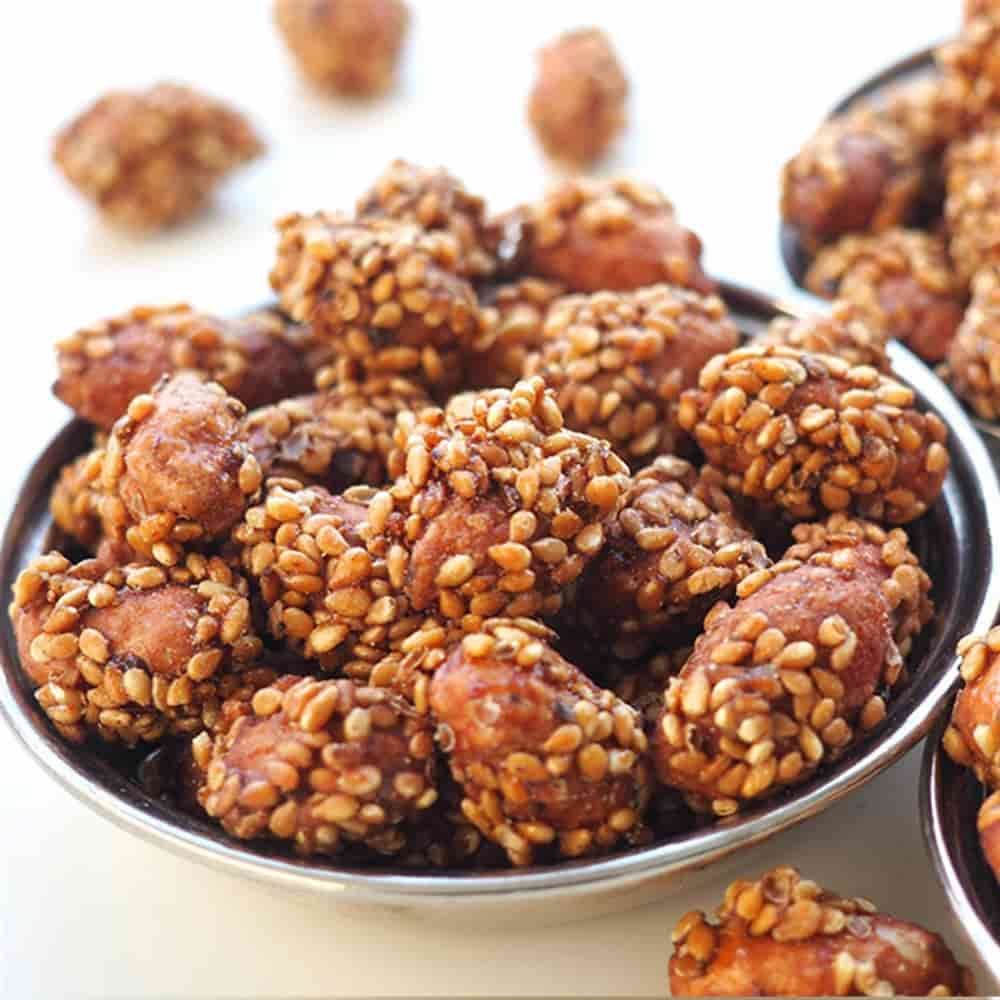
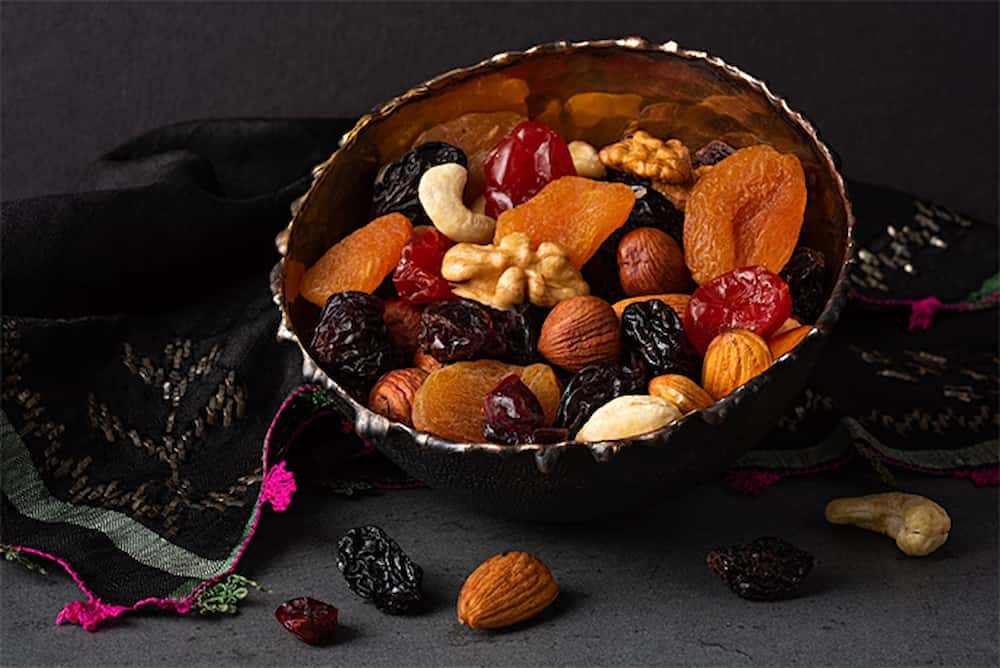
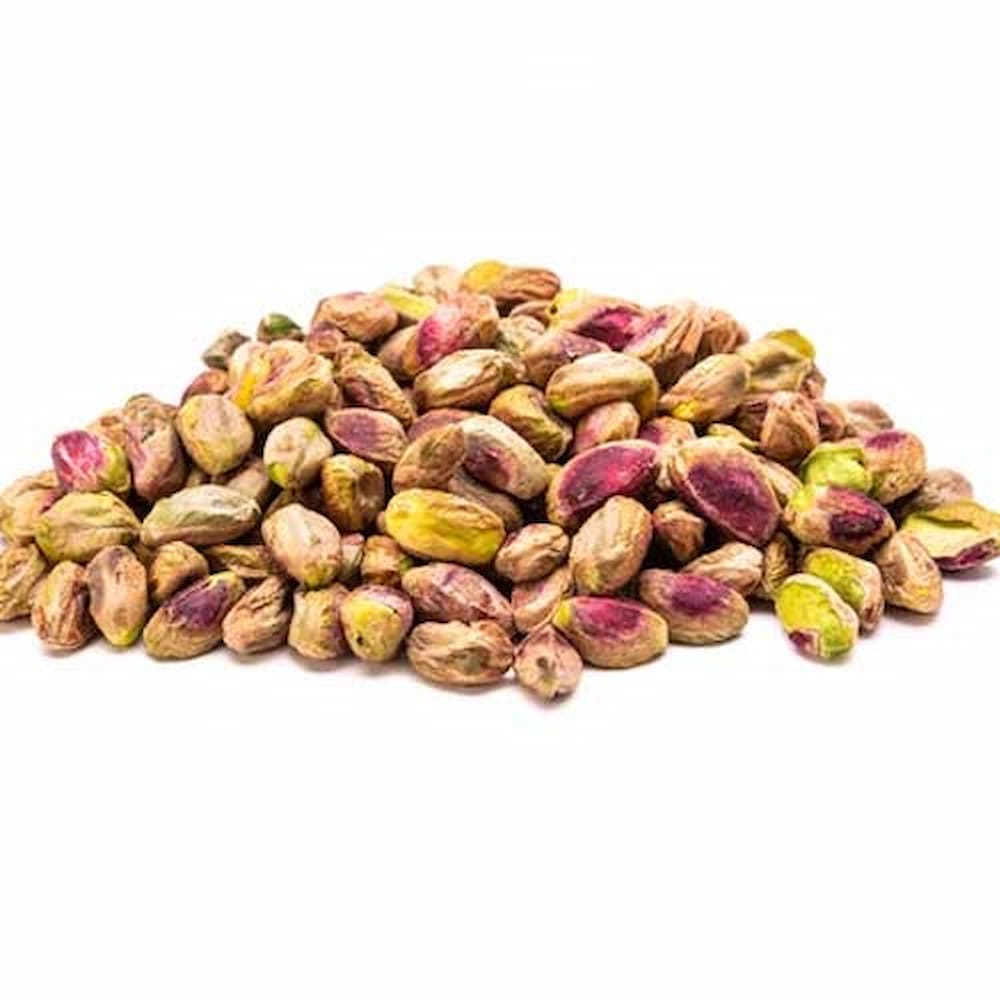
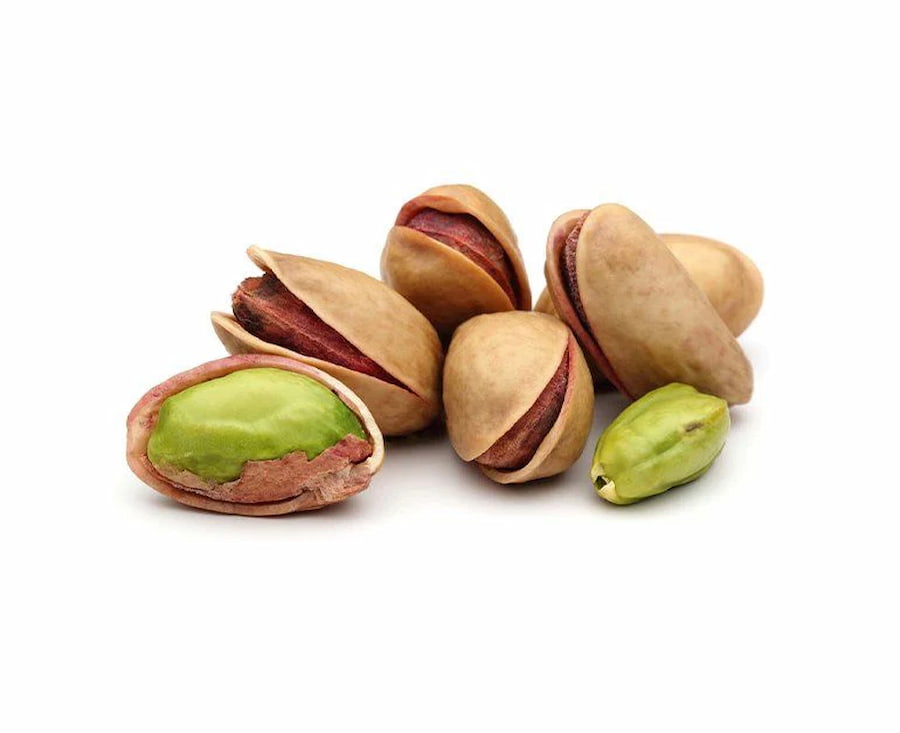
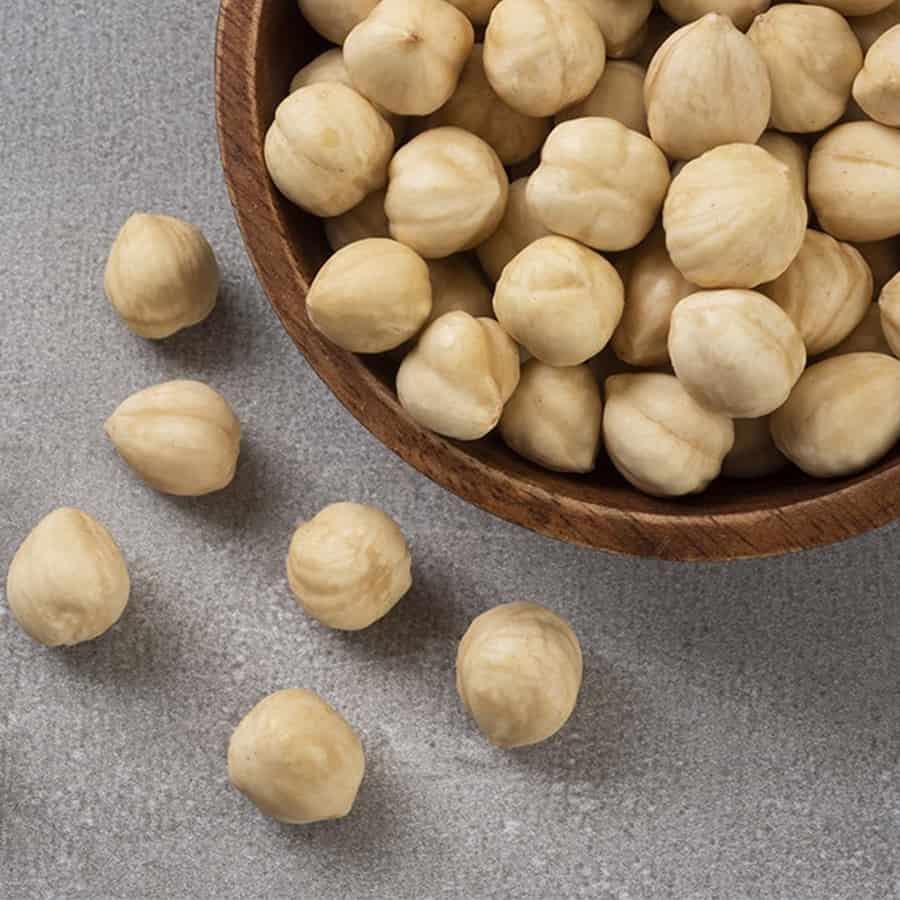
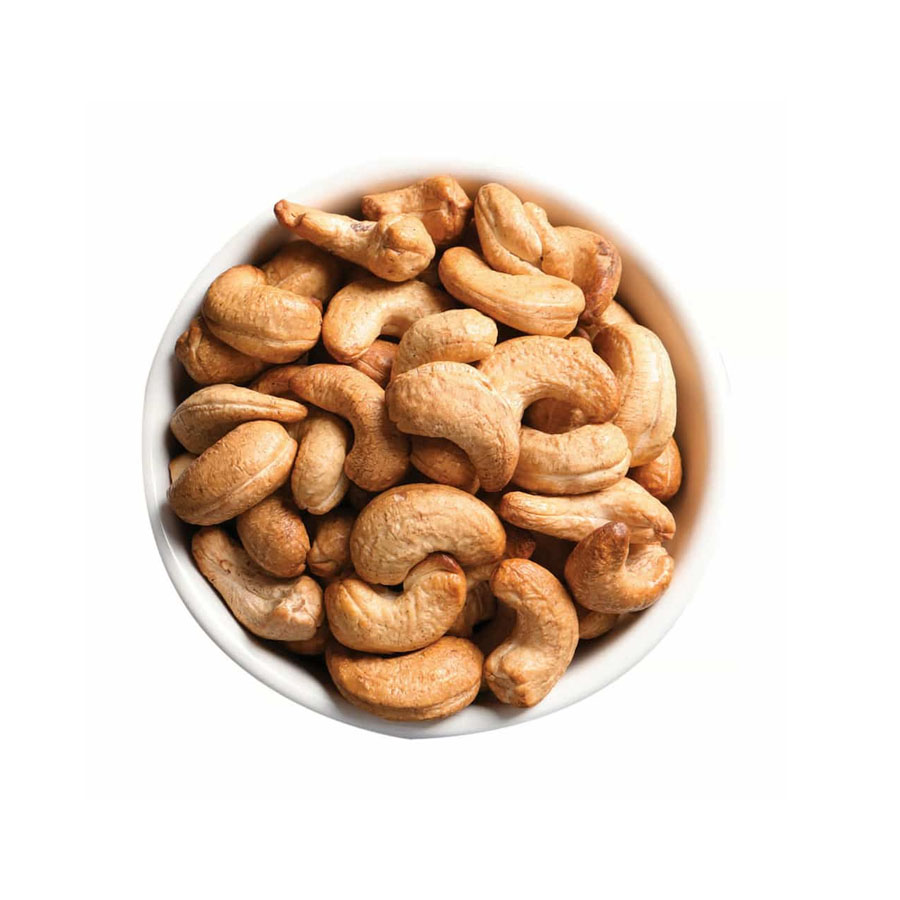
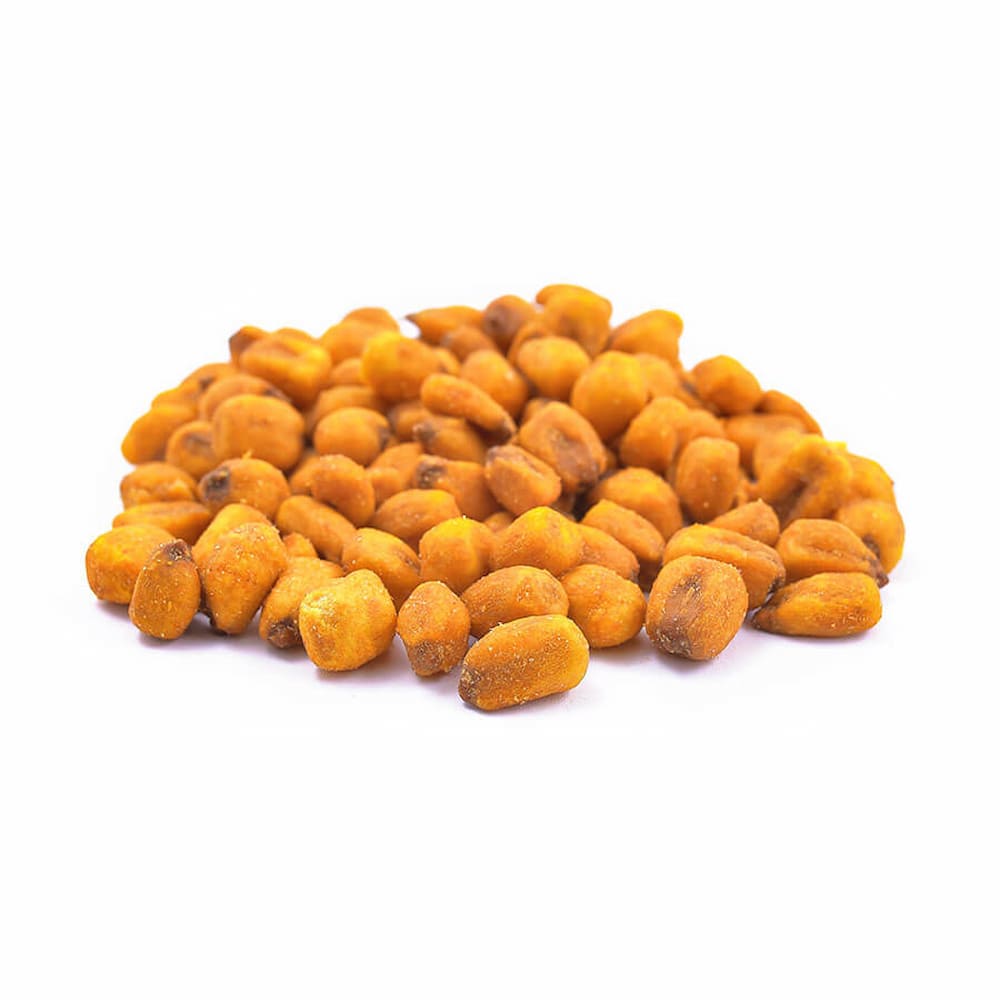
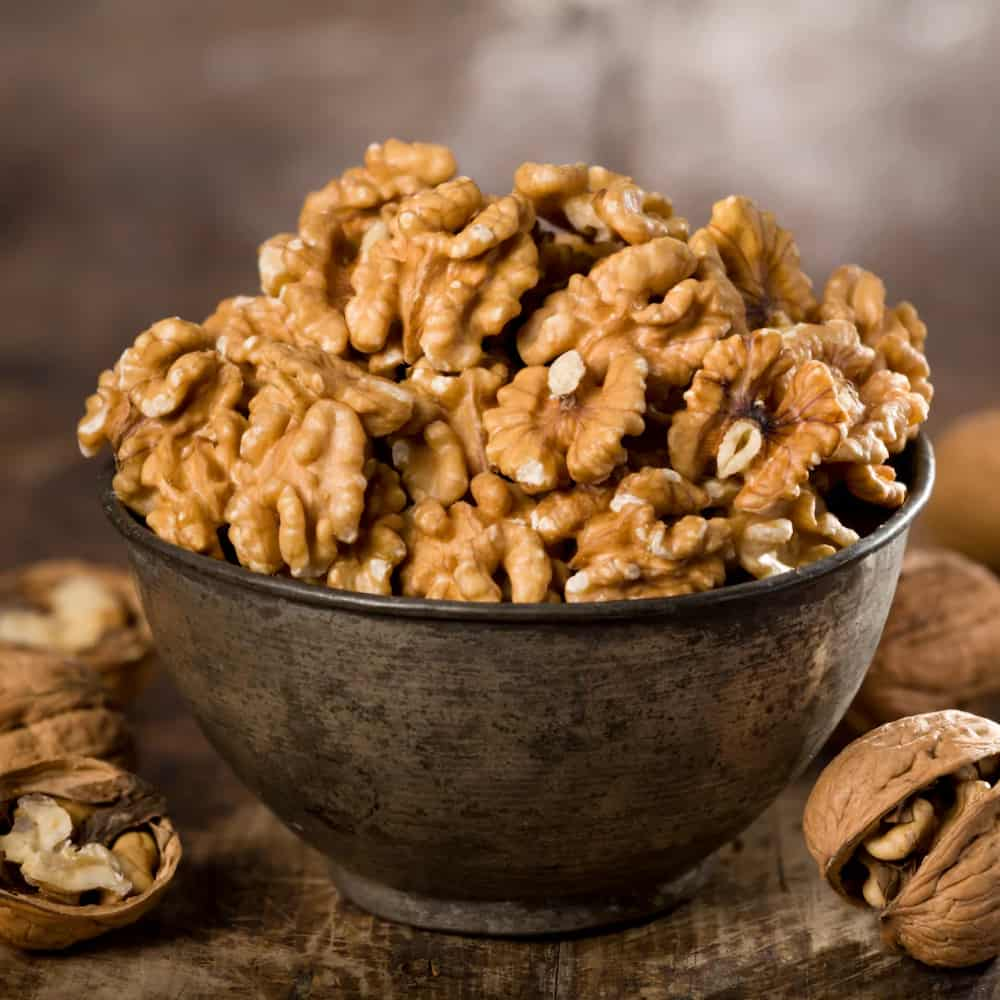
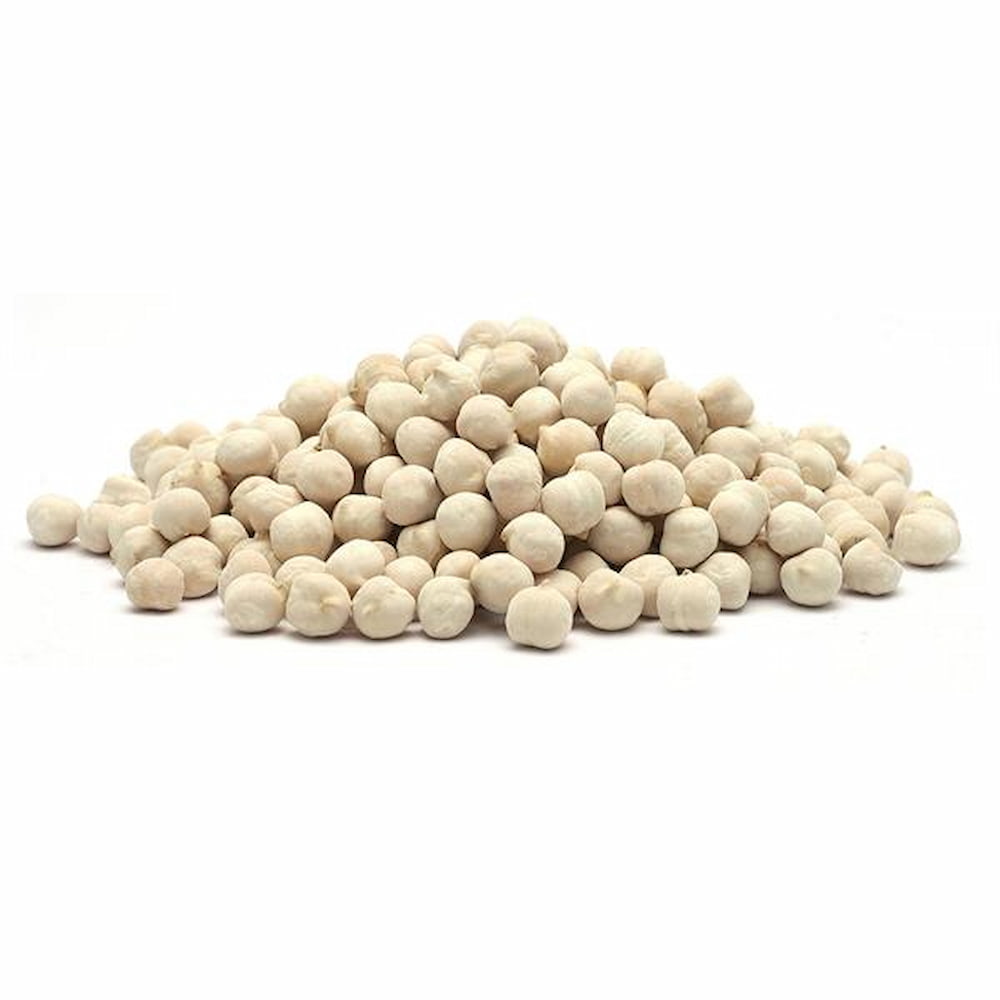
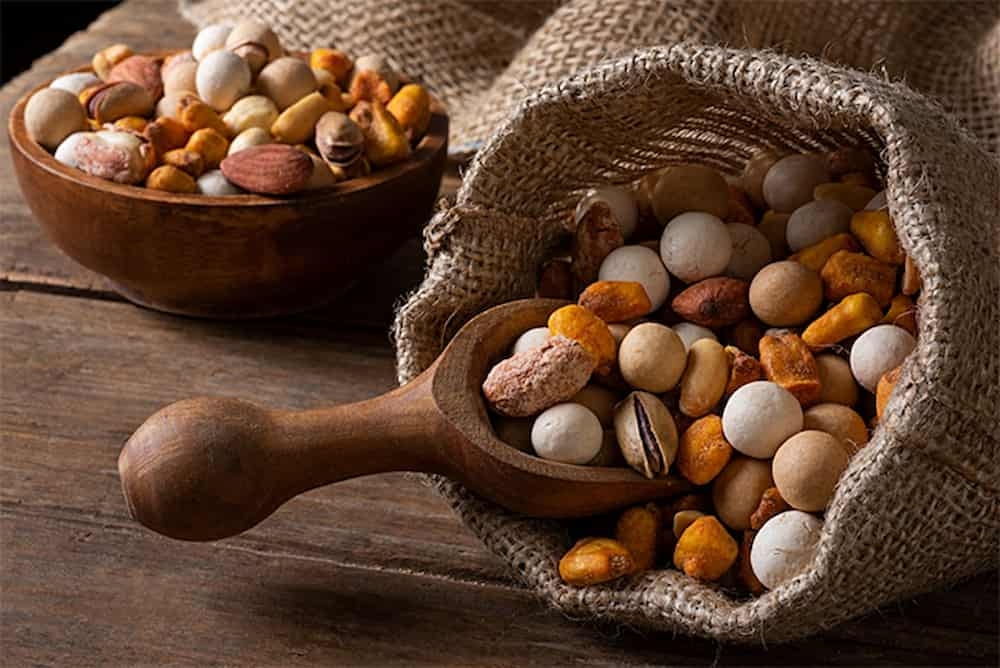
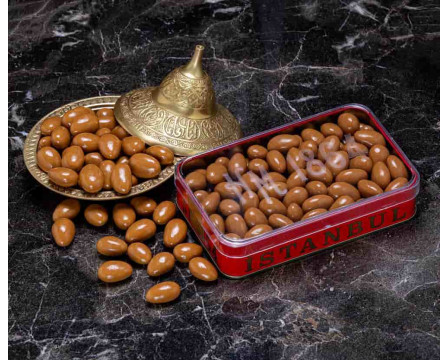
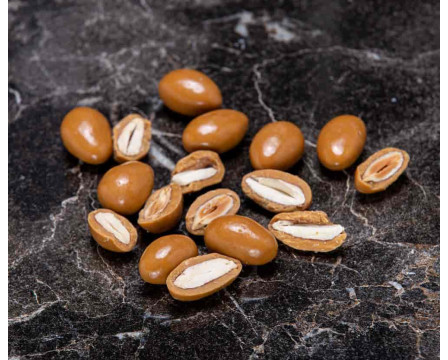
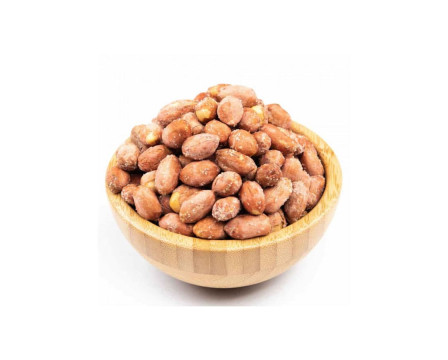
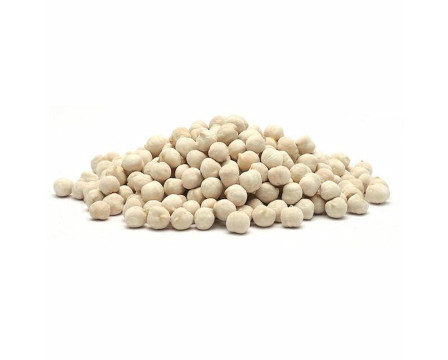
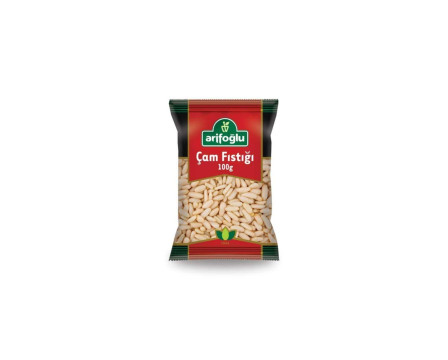
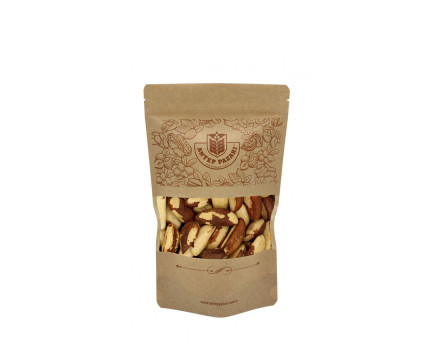
Leave a Comment